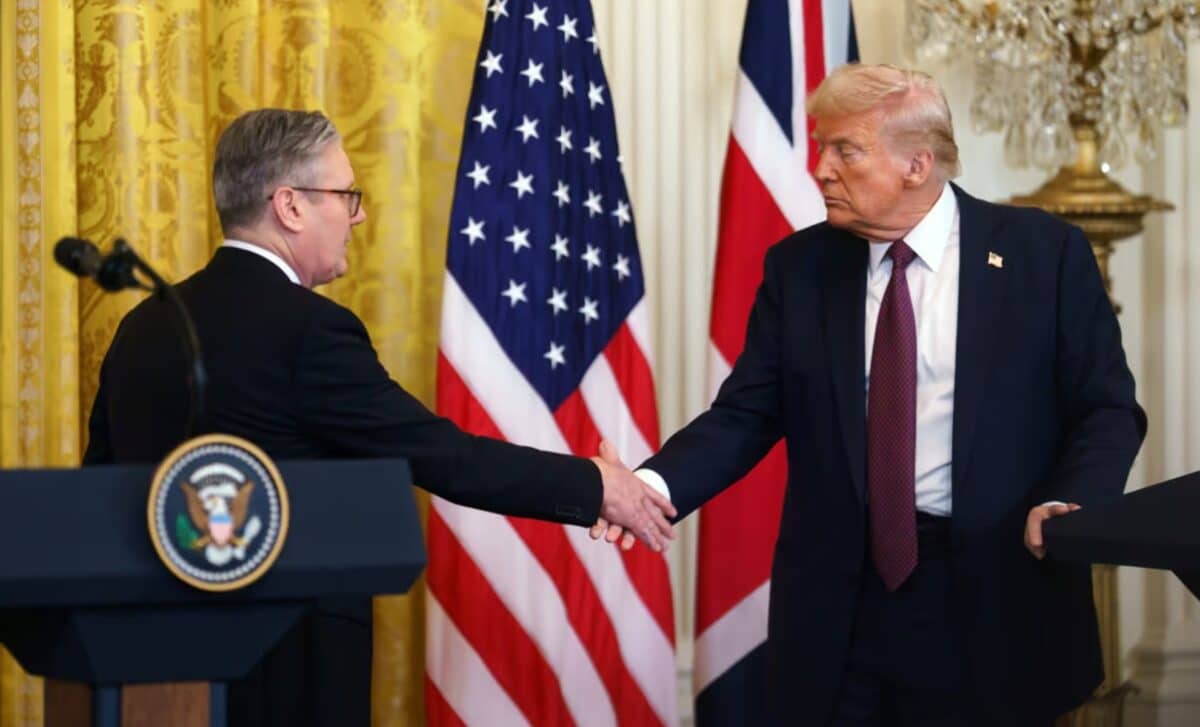The UK government has vowed to continue negotiations “coolly and calmly” after US President Donald Trump announced a 90-day pause on tariffs for most nations. With a focus on securing the best deal for Britain, Downing Street stressed that a trade war is not in anyone’s interest and emphasized the importance of measured diplomacy in navigating the ongoing challenges.
While the delay in tariffs has been welcomed by markets, concerns persist about the long-term impact of US trade policies. The UK’s approach, however, has been characterized by restraint, avoiding immediate retaliatory measures and continuing discussions to secure favourable terms for the country.
US Tariff Pause: What It Means for the UK
The US President’s announcement to delay tariffs for 90 days, a move aimed at reducing economic tensions, offers a temporary reprieve for countries, including the UK. However, while the immediate threat of higher tariffs has been removed, there remains uncertainty surrounding the long-term impacts.
According to Downing Street, the UK government remains committed to negotiating a fair trade agreement without resorting to protectionism or escalating the trade conflict. The government must look beyond a single trade agreement with the US and continue to strengthen ties with other key partners, including the European Union.
The importance of diversifying trade relationships to reduce reliance on any one nation was also emphasized by Chancellor Rachel Reeves, who will be heading to Washington at the end of April to meet with global finance ministers.
Navigating Market Turmoil and Diplomatic Challenges
Despite the optimism following the tariff pause, UK markets have faced turbulence. On Wednesday, following the new round of tariffs, the FTSE 100 index fell to a 13-month low, reflecting investor anxiety over the broader economic situation.
The market volatility highlights the delicate balancing act facing the UK government as it seeks to maintain economic stability while pursuing its long-term trade goals.
Meanwhile, international markets have shown signs of recovery. Asian stocks surged as investors reacted positively to Trump’s decision, with Japan’s Nikkei 225 jumping 8.8%.
The UK, however, must still navigate challenges ahead, particularly regarding specific sectors affected by tariffs such as automotive and steel industries.









